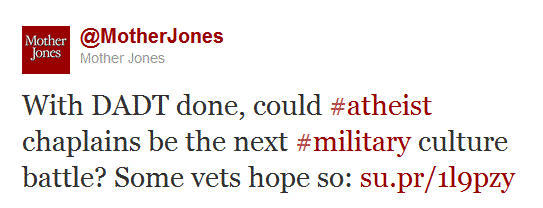Yesterday’s New York Times revealed that the Obama administration considered attacking Libya through cyber-warfare before ultimately going the whole bombing and airstrikes route:
While the exact techniques under consideration remain classified, the goal would have been to break through the firewalls of the Libyan government’s computer networks to sever military communications links and prevent the early-warning radars from gathering information and relaying it to missile batteries aiming at NATO warplanes.
But administration officials and even some military officers balked, fearing that it might set a precedent for other nations, in particular Russia or China, to carry out such offensives of their own, and questioning whether the attack could be mounted on such short notice. They were also unable to resolve whether the president had the power to proceed with such an attack without informing Congress.
In the end, American officials rejected cyberwarfare and used conventional aircraft, cruise missiles and drones to strike the Libyan air-defense missiles and radars used by Col.Muammar el-Qaddafi’s government.
First note the worry that it would set a precedent that other international players would replicate. This is actually quite remarkable, because usually it is taken for granted in government circles that America can do things that others can’t; rules apply to others…that’s why its called Exceptionalism. I would actually speculate that this was less a concern within the administration as the Times makes it out to be.
Back in May, the Wall Street Journal reported the Pentagon’s opinion regarding potential cyber-attacks against the United States:
The Pentagon has concluded that computer sabotage coming from another country can constitute an act of war, a finding that for the first time opens the door for the U.S. to respond using traditional military force.
…In part, the Pentagon intends its plan as a warning to potential adversaries of the consequences of attacking the U.S. in this way. “If you shut down our power grid, maybe we will put a missile down one of your smokestacks,” said a military official.
As I wrote at the time, this statement from the Pentagon was essentially a declaration of Iran’s right to bomb the United States: “At least, that’s the principle being laid down by this announcement. Cyber attacks have been an official policy, as far as we can gather, of the United States towards Iran for some time. No military response is even worried about from Iranians – they don’t have that prerogative. We, on the other hand, rule the world. And rules that apply to others simply don’t apply to us.”
Second, note the behind-the-scenes tendency to keep instances of international aggression secret from the American people. If cyber-attacks aimed at Libya still require us to endure the nuisance of informing Americans about the conduct of their government, they apparently deliberated, then we might as well go with good ol’ fashion cruise missiles anyways. They also worried cyber-attacks might fall under the War Powers Resolution. This further punctures the Obama administration’s ludicrous argument that the Libya intervention did not fall under the WPR. As even law professor and former Bush administration Assistant Attorney General, Office of Legal Counsel Jack Goldsmith wrote today:
But if the kinetic and cyber attacks would have achieved the same effect on Libyan air defenses (which is what the story suggests), it is hard to see why the cyber attack and not the kinetic attack would have constituted “hostilities” under the WPR. Indeed, on the administration’s narrow theory of “hostilities” under the WPR, the likelihood of an attack being deemed “hostilities” rises with the likelihood that a U.S. soldier will receive hostile fire or injury. But as the story noted, the likelihood of risk to U.S. soldiers was higher with the kinetic than with the cyber attack, so it is not clear why a cyber attack would raise heightened concerns under the WPR.
But wait…this could only make sense if…no! Couldn’t be….If the Obama administration was…nah!…dishonest with us? Could it be!?






